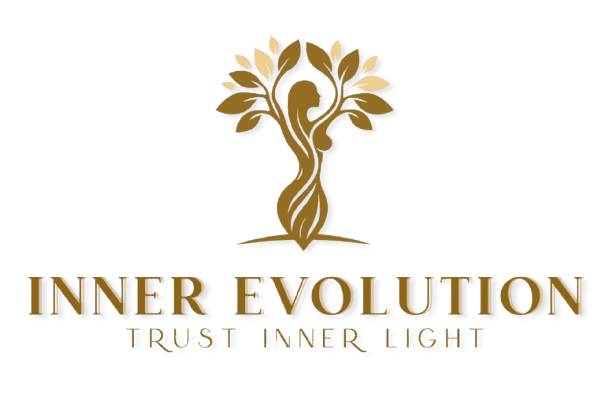
Imagine a therapist who, instead of truly listening to and supporting their client, is more focused on themselves. They worry about how they appear: Am I a good therapist? Will the client think well of me? What will people say about this session later? Their energy is consumed by self-doubt and the need for validation, rather than the person sitting across from them.
In this dynamic, the client becomes a backdrop for the therapist’s performance. Instead of genuine engagement, there’s a need to shine: to offer advice, to “save,” to teach. The desire to help may sound noble, but in reality, it’s often rooted in a need to affirm the therapist’s own worth. And amid all this self-centered noise, the client’s voice gets lost, their story unheard.
This isn’t limited to therapy—it happens everywhere: in lectures, blogs, or conversations. People may seem to share wisdom or offer help, but too often, the real goal is to gain recognition or prove their value. True listening and giving require inner stillness—a quiet space where there’s room for someone else to truly be seen and heard.

